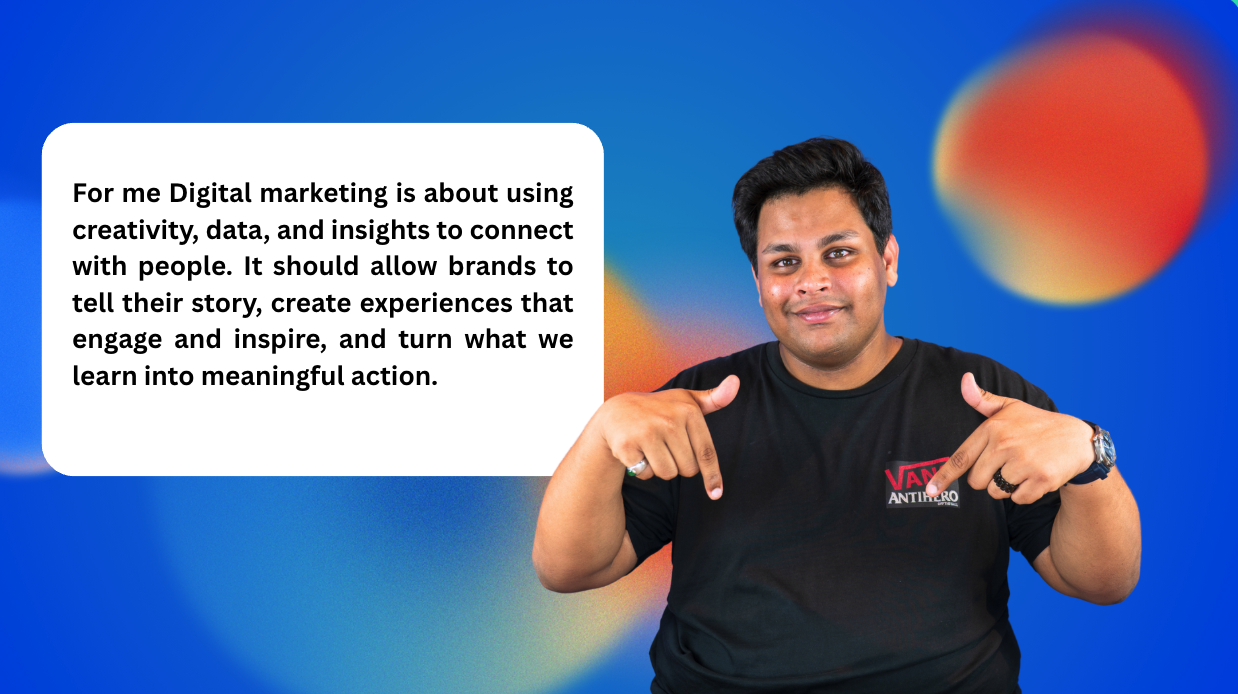
Must Know Digital Marketing Metrics That Actually Matter

Imagine trying to play a video game without a score screen. You’d be running around, shooting at targets, exploring new levels, maybe even unlocking some achievements, but you’d have no idea if you were actually winning or just wandering in circles. That’s what digital marketing without metrics looks like. You might be spending hours creating ads, writing posts, sending emails, but without the right numbers to guide you, it’s like throwing spaghetti at a wall and hoping it sticks.
Metrics aren’t just numbers, they’re your compass. They tell you if you’re moving in the right direction, wasting time, or accidentally walking straight into a wall. They help you answer the questions no one really asks out loud: Are people actually noticing us? Are they clicking because they care, or just because they’re bored? Are we spending money wisely, or just tossing it into a digital black hole?
Here’s the kicker: most people glance at a few vanity metrics, pat themselves on the back, and think they know the full story. Likes, shares, follows, they feel good, they look impressive on a report, but do they really mean anything if nobody buys your product, signs up, or even clicks past the landing page? You can have a million followers and zero engagement, and that’s basically shouting into an empty stadium.
The truth is, digital marketing is only as good as the metrics you pay attention to. Some numbers tell you the whole story, others are just background noise. The secret is knowing which ones are worth obsessing over and which ones are just distractions.
So let’s dive in and break down the must know metrics that actually matter, the ones that give you insight, direction, and the kind of clarity that turns random digital noise into actionable strategy.
Traffic Metrics: Who is showing up to the party?
-
Where are they coming from, search, social, email
-
How long are they staying, a quick peek or a full tour
-
Are they new visitors or returning fans
Conversion Metrics: Who actually did the thing
-
Conversion Rate: Out of all the visitors, how many actually converted
-
Cost Per Conversion: How much are you spending to get each person to take action
-
Sales Numbers: The only metric your accountant really cares about
Engagement Metrics: Are they just scrolling or actually vibing
-
Click Through Rate: Did they actually click on your ad, email, or link
-
Bounce Rate: Did they leave as soon as they got there
-
Average Session Duration: How long did they hang out with you
ROI Metrics: Is this all worth it
-
Return on Ad Spend: How much you make compared to what you spend
-
Customer Lifetime Value: Not just one purchase but how much one customer is worth over time
-
Overall ROI: The big picture, is this campaign helping or draining
So what should you actually measure
Here’s the secret: not all metrics matter equally. The real skill is knowing which ones to obsess over and which ones to glance at occasionally. Chasing vanity metrics is like counting how many people smiled at you instead of noticing who actually wants to work with you.


